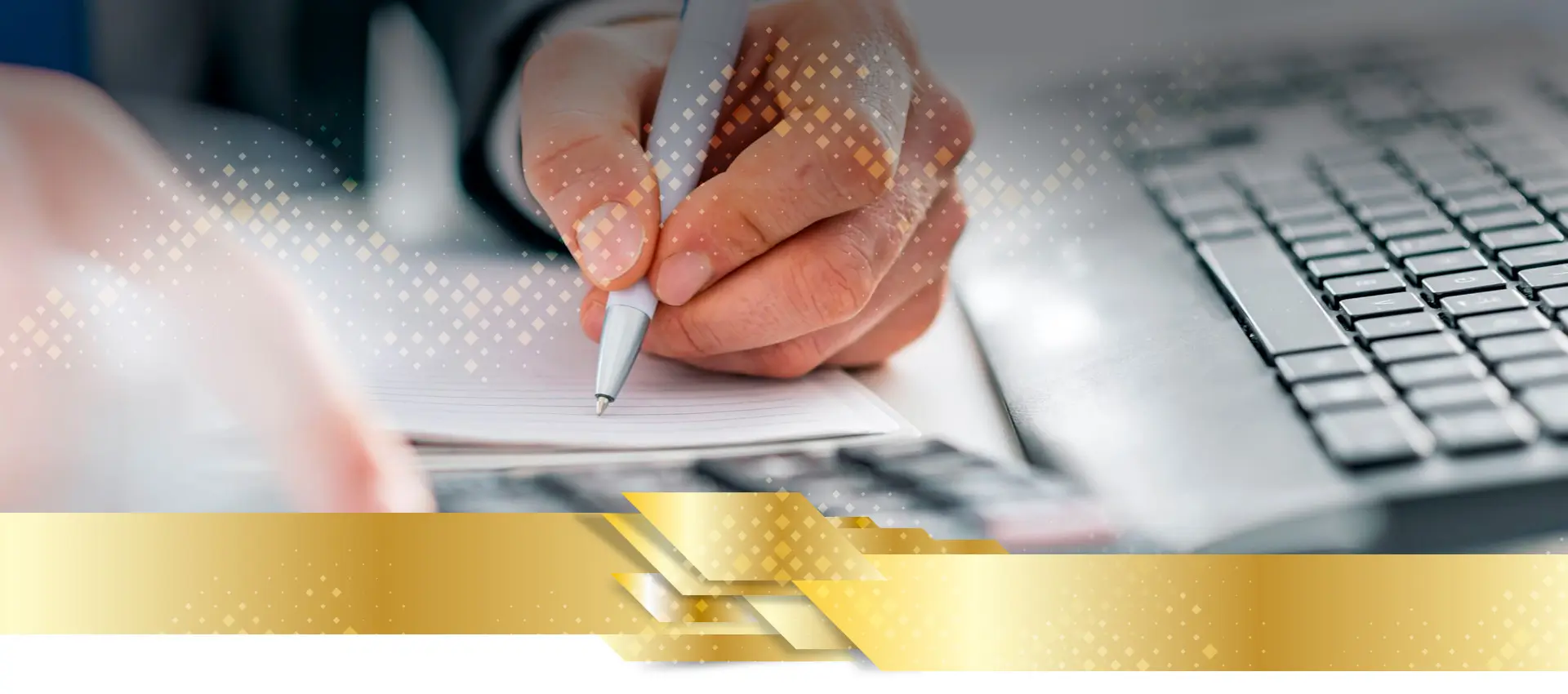Economic Feasibility Study of a project is a tremendously important concept to know when embarking on any business project. This is determined by the difference between the cost and the benefits of it. Economic Feasibility study helps you objectively determine transfers from an economic point of view.
What is Economic Feasibility Study?
On the other hand, Economic Feasibility Study allows visualizing the existence of money to finance expenses and investments that involve the development of the project. Keep in mind that well-evaluated projects have an easier time finding financing
The study of financial feasibility shows you that it is possible to finance its stages through different sources. These can be their own, banking, through savings and credit cooperatives, or external sources.
Financial viability can be given by the contribution of the partners or by the generation of money from the business itself. That is, by self-financing based on the benefits. It is important that you do not confuse economic viability with financial viability.
Although these together are very useful for the profitability analysis of your company.
How should an Economic Feasibility Study be done for a company or project?
Economic must be done each time you want to undertake a project, and it is in the evaluation phase. These studies are done regardless of whether the projects are for the expansion of your business or the opening of a company.
Feasibility study steps are essential for your success to carry out a correct and reliable economic feasibility study, it is important to follow the following steps:
1- Perform a preliminary analysis
It is essential to examine whether the feasibility assessment is worth the time and money invested. The preliminary evaluation consists of outlining the idea or planned action, examining the market space and the unique characteristics of the idea.
Finally, determine if there are insurmountable risks to the stock. If you find no obstacles in your analysis and the commercial viability is feasible, then you can go ahead with the project.
2- Outline The Scope Of The Project And Conduct Current Analysis
To proceed to this step, you must create an action plan for each of the sections that apply to the project. In addition, it is essential that you carry out a study of the different parts of your business that may be affected by the actions or ideas proposed.
Likewise, you must understand the users and participants of the project and analyze the current situation before its implementation.
3- Compare Your Proposal with Existing Services and Products
It is essential to investigate the competitive landscape which will help you understand if your proposal is viable or not. In addition, it also helps you know and understand what customers are looking for and thus ensure that your idea meets their needs.
4- Examine Market Conditions
This process carried out by defining the market, studying buying habits, and thus understanding sales prospects. Other aspects that must take into account are the trial of product knowledge and understanding of the income projection.
It is important to include in this process the identification of the type of marketing required to execute the project.
5- Understand Financial Feasibility Study Costs
The ultimate guide to feasibility study criteria consists of calculating all the financial costs that are related to the proposal since this can be the fundamental point to determine its viability. to do this, you must consider the resources necessary for its implementation, such as the benefits and the balanced schedule. In addition, it is also important to consider the financial risks and financial costs of failure.
6- Data Review And Economic Feasibility Study Analysis
Don’t forget to review your feasibility study carefully and examine the findings over time. At the end of the study you should ask yourself:
Are There Any Risks That You Were Not Aware Of Before?
- Have market conditions changed?
- Has the competition changed?
- If the conditions have changed then review the steps of the feasibility study.
The Economic feasibility study will tell you if you should go ahead with your project or look for a different alternative.
Types Of Feasibility Study
Types of economic Feasibility Study In a company, four types of feasibility must take into account, such as:
1- Technical Feasibility
It refers to the technological possibilities necessary to develop the project.
2- Economic Feasibility
It encompasses the economic resources necessary for the development of the project, aimed at providing benefits for the company.
3- Financial Feasibility
Consider the financing of the project, which part will finance by a treasury, own resources, or external resources.
4- Commercial Feasibility
It consists of making realistic sales projections.
Importance Of Economic.
Economic Feasibility is vital for the development of your projects. This analysis allows you to visualize through projections the real potential of the return on investment.
In this way, it will be easy for you to make the decision whether or not to go ahead with the project.
Economic Feasibility Study
The most important thing about Economic Feasibility Study is that it allows you to organize and plan the resources for the project.
- A feasibility study provides you with great benefits such as improving the focus of the project and identifying new opportunities.
- Likewise, this study provides you with information about whether or not it is feasible to undertake a project.
The economic feasibility study will help you improve the success rate of your project through the evaluation of various aspects.
Due to all this, it is essential to carry out an Economic feasibility study before starting an economic project, only then will you ensure that your project will be feasible and profitable. Knowing each of the processes of this study gives you new ideas that you can consider in case of discarding the one you are studying. This way you ensure that your project will be a good investment.

